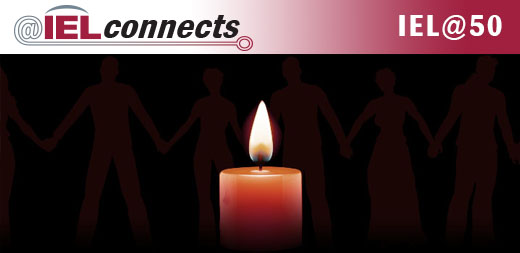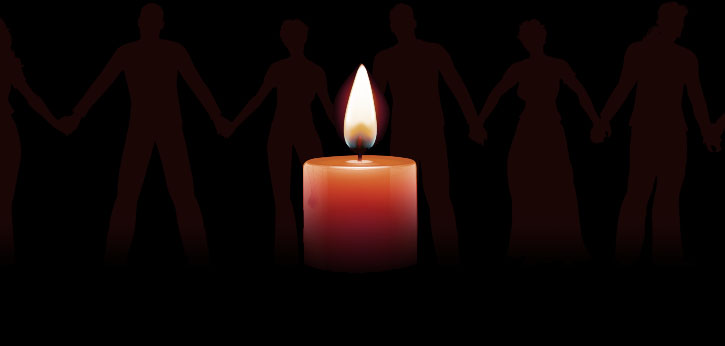IEL mourns the tragic events that occurred this summer. We mourn Alton Sterling (Baton Rouge, La.) and Philando Castile (Falcon Heights, Minn.), whose lives were tragically cut short during encounters with police. Deaths like these are too common in our communities. We mourn the murder of Officers Smith, Ahrens, Krol, Zamarripa, and Thompson in Dallas. These tragedies come amidst deep, longstanding racial divides and on the heels of the deaths of other African Americans at the hands of police or in police custody. We continue to emphasize the need for us to come together. Only by coming together will we begin to find solutions. Download our Racism & Police Violence Resources. READ MORE…

